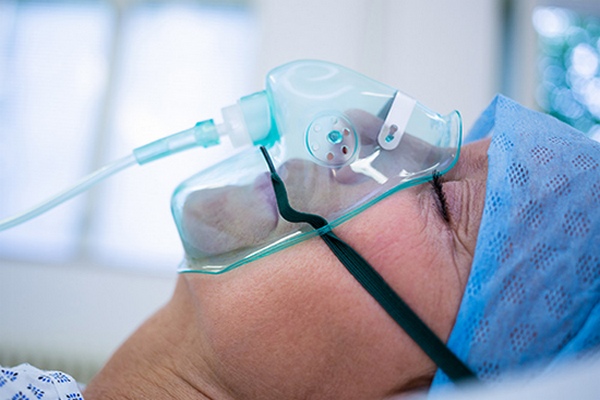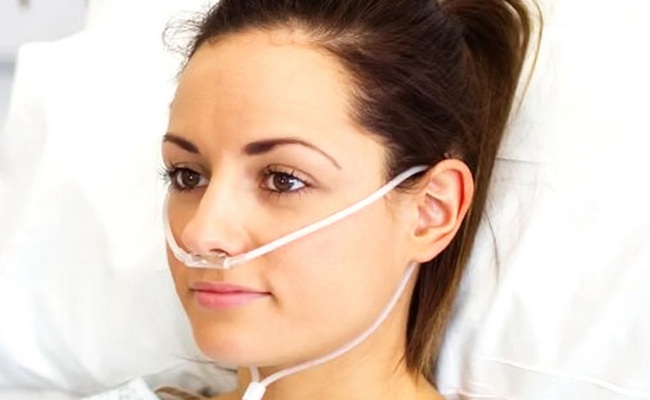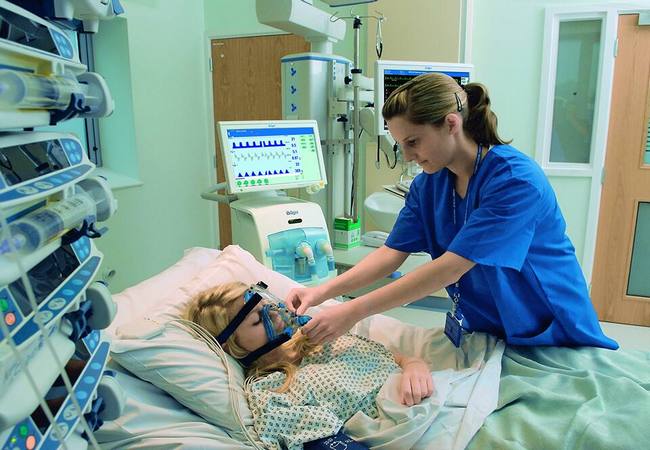5 Time Management Tips for Nurses to Know
5 Time Management Tips for Nurses to Know Nurses work in fast-paced and demanding environments, and time management is essential. They have to provide care, communicate with colleagues, and manage administrative tasks. Effective time management allows nurses to optimize their productivity. They can reduce stress and meet their patients’ needs. Here are a few time […]










